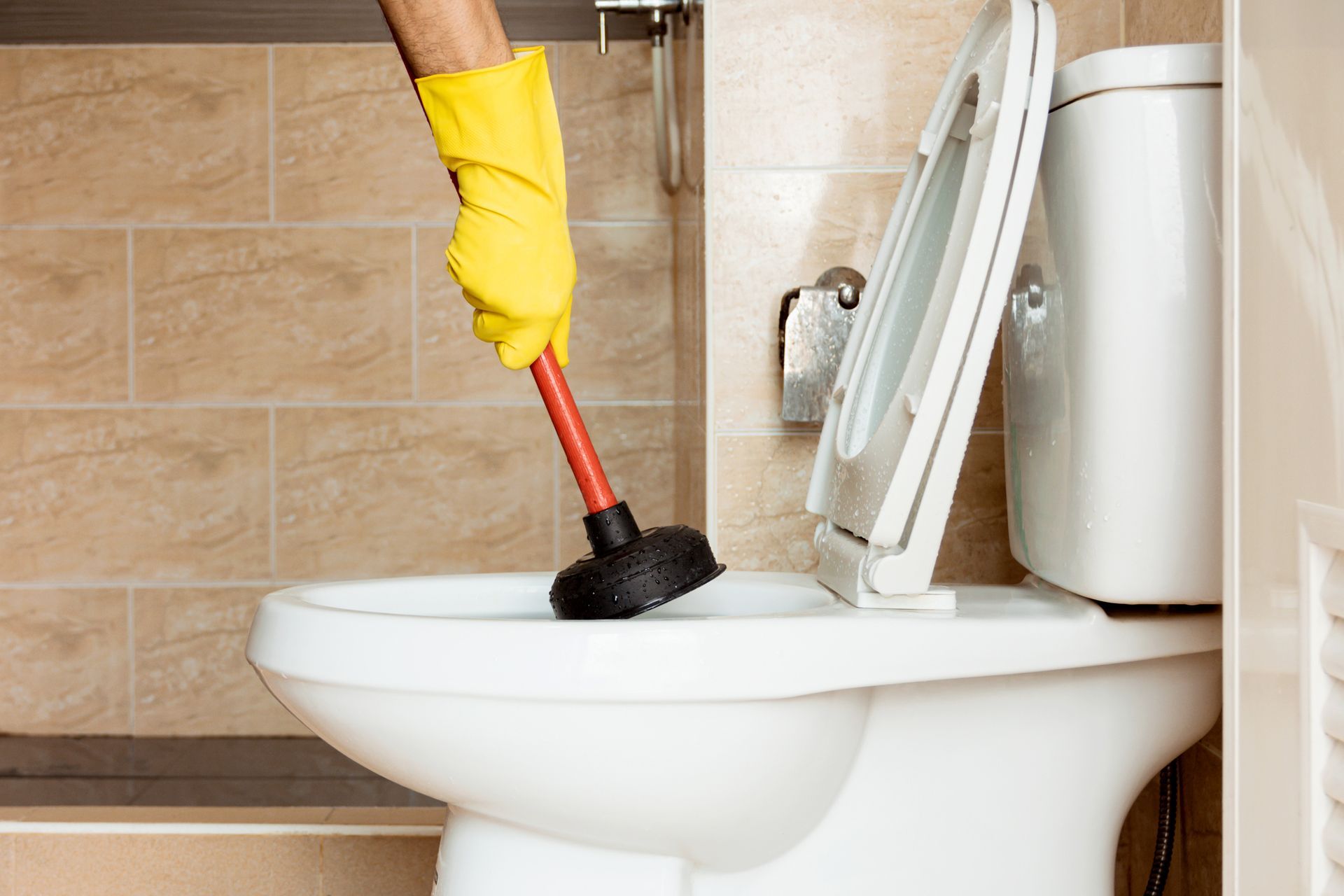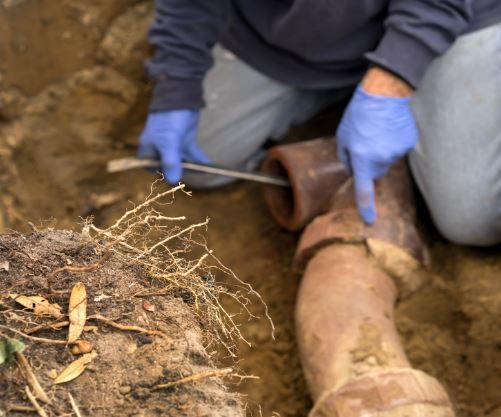Is Your Water Softener Giving Up? Look Out for These Signs
- By No Author
- •
- 20 Nov, 2023
- •
Water softeners and water conditioners are both important appliances that can improve the quality of your water and make it more pleasant to use. However, like any other appliance, they can break down from time to time. If you're not sure if your water softener or water conditioner is working properly, here are a few signs to look for:
Soap Scum, Scale Buildup, and Dry Skin
Signs of hard water, such as soap scum, scale buildup, and dry skin, often suggest that a water softener may be failing. When a water softener nears the end of its lifespan, it might struggle to effectively remove minerals like calcium and magnesium from the water. As a result, the softened water becomes insufficiently treated, allowing the minerals to persist and cause the usual signs of hard water.
Little to No Salt Use
When a water softener begins to fail, one common indicator is a noticeable decrease in the amount of salt it uses. This reduction in salt consumption suggests that the resin beads responsible for the softening process are not functioning effectively, leading to a decline in the overall softening capacity.
The resin beads in the water softener require regular regeneration with salt to continue effectively removing the minerals that cause hardness in water. When the softener is unable to use the salt as it should, it ultimately results in a decrease in its efficiency, leaving the water less softened and potentially causing issues such as mineral buildup in pipes and appliances. Regular maintenance and timely servicing are crucial to ensure the optimal performance of a water softener.
Too Much Noise
Typically, if a water softener begins producing excessive noise, it might indicate deteriorating parts, such as the motor or the bearings. As the components wear out, they can generate grinding, squeaking, or rattling sounds during operation.
Moreover, an increase in noise might suggest a malfunction in the control valve, resulting in irregular water flow and disruptive operational patterns. Additionally, the accumulation of mineral deposits or sediment within the system can lead to blockages, causing the water softener to work harder and generate more noise than usual.
Leaking Softener
The leakage often suggests that the internal components, such as the seals or valves, have become compromised. Over time, these elements can wear down due to regular use or prolonged exposure to hard water. Additionally, if the brine tank, responsible for the regeneration process, is compromised, it can result in leaks.
Such leaks not only indicate immediate malfunctions but also signal potential larger issues that might lead to complete system failure if left unaddressed.
Dry or Itchy Feeling
This occurs due to the presence of excessive minerals, like calcium and magnesium, which the softener would typically remove. As the softener loses its effectiveness, these minerals remain in the water supply, causing the skin to feel dry or irritated after washing.
The lingering minerals can strip away the skin's natural oils, leading to a parched sensation or even exacerbating pre-existing skin conditions. In some cases, the minerals can also cause clothes to feel rough and stiff after washing.
Blockages or Clogging
The accumulation of mineral deposits within the softener's resin bed can lead to reduced efficiency, ultimately causing clogs in the system. This occurs when the resin bed loses its ability to exchange ions effectively, resulting in mineral buildup and reduced water flow. Additionally, if the brine tank or the control valve malfunctions, it can lead to inadequate regeneration cycles, leading to the accumulation of mineral deposits and blockages.
Peter Piper's Plumbing inspects and maintains water softeners to prevent blockages, ensuring their optimal performance and longevity. Contact us today to get a quote.





